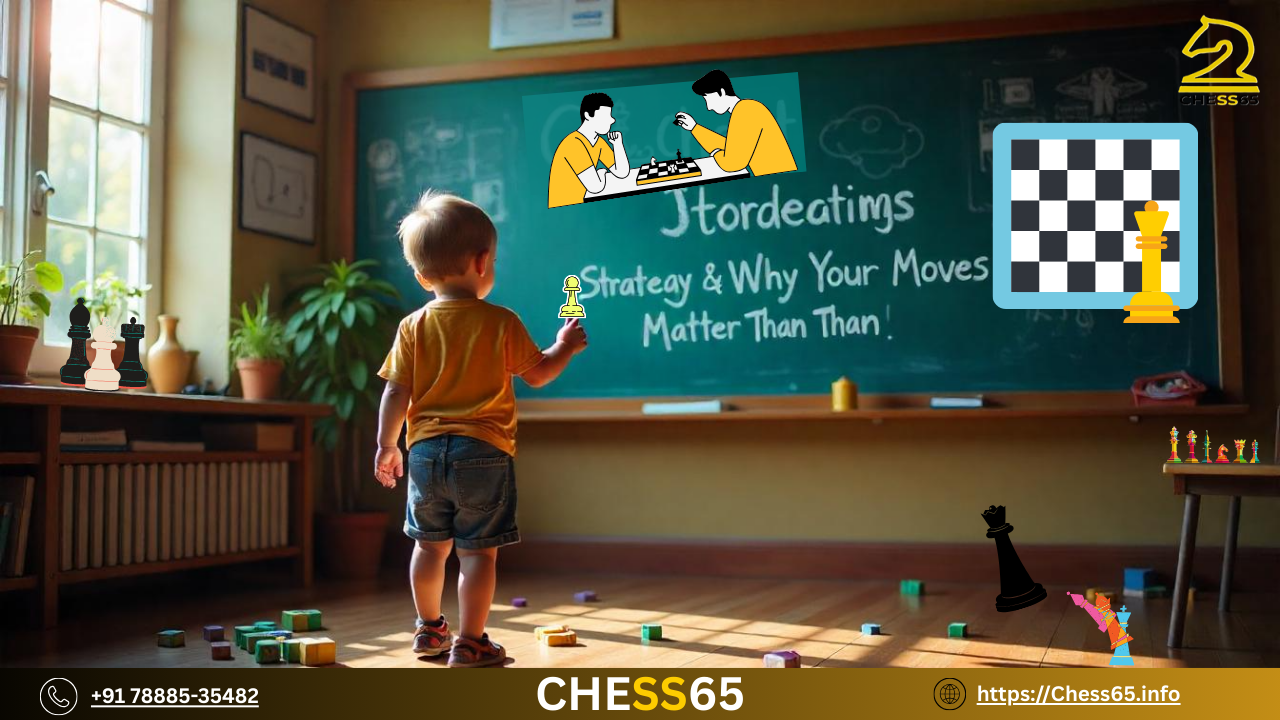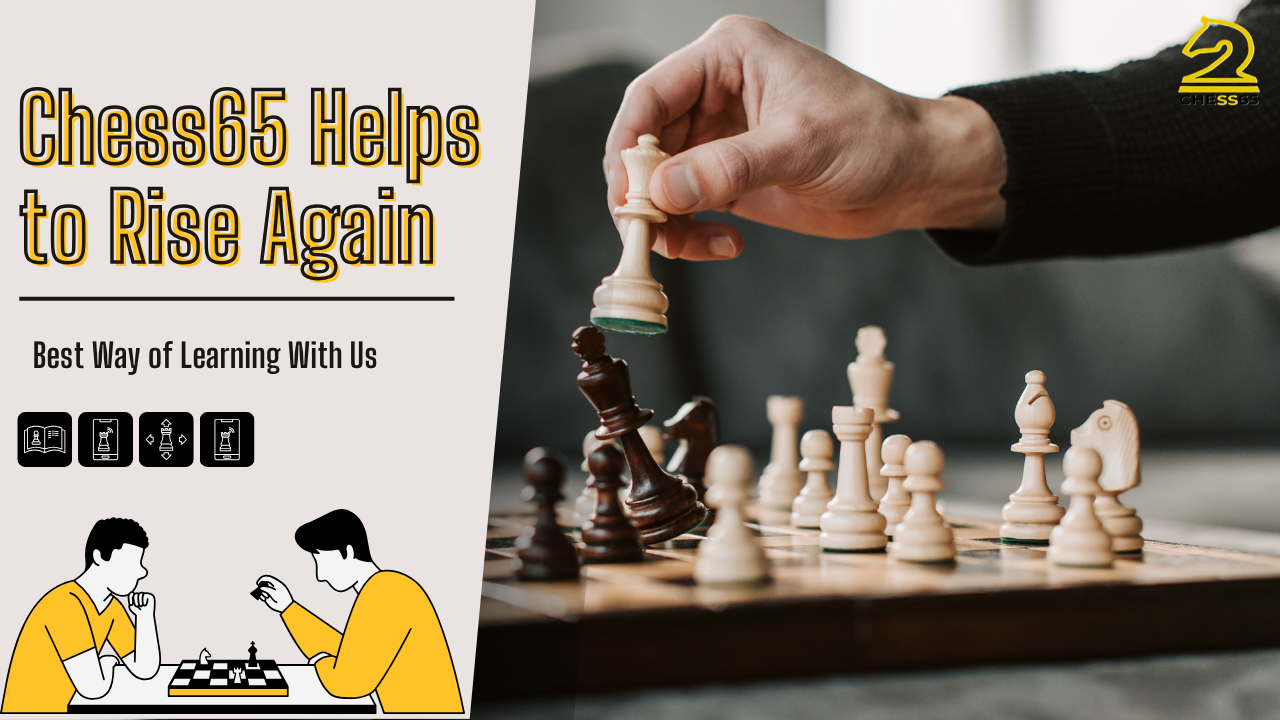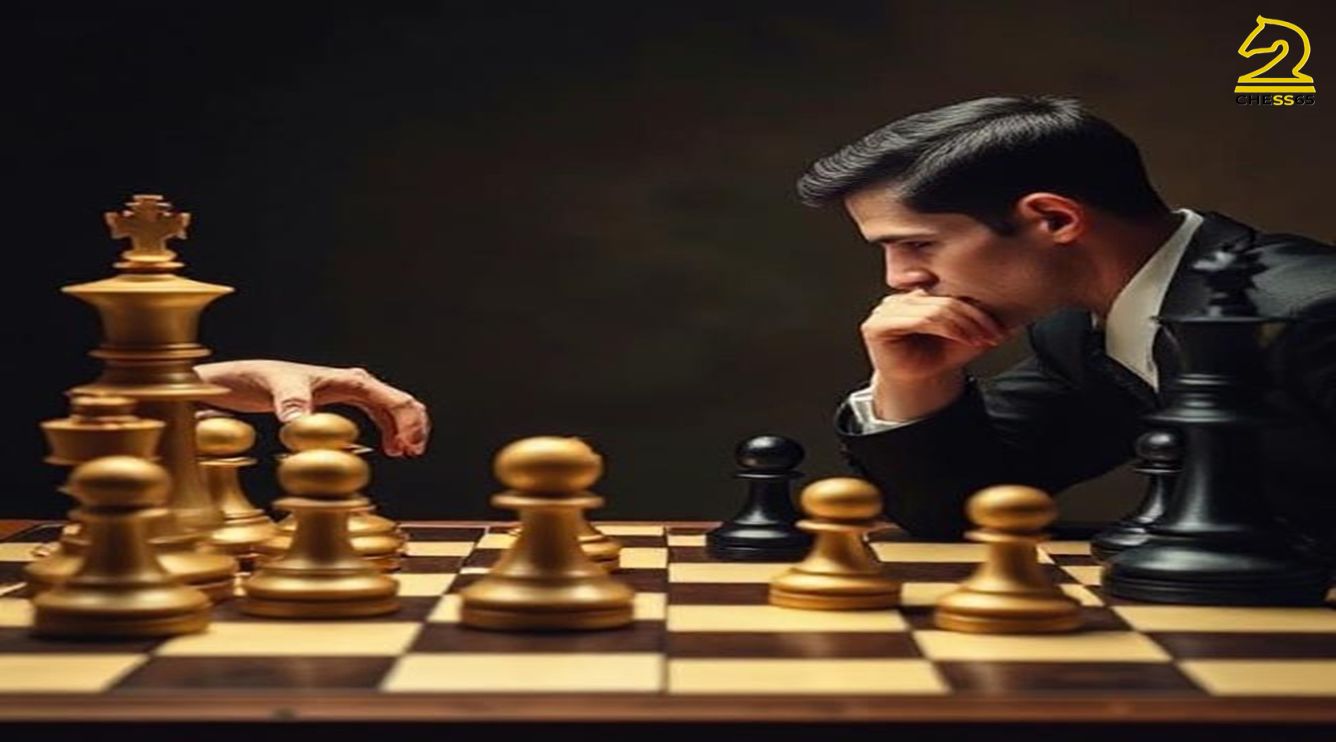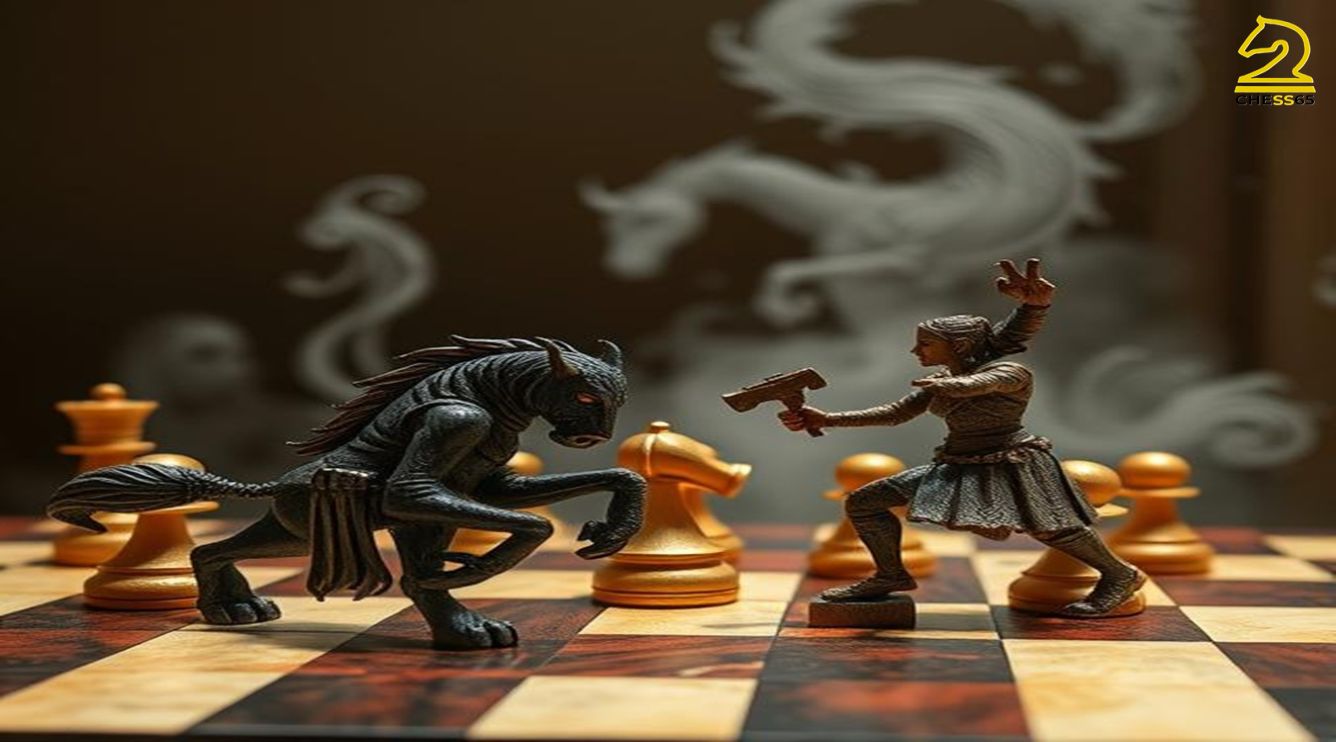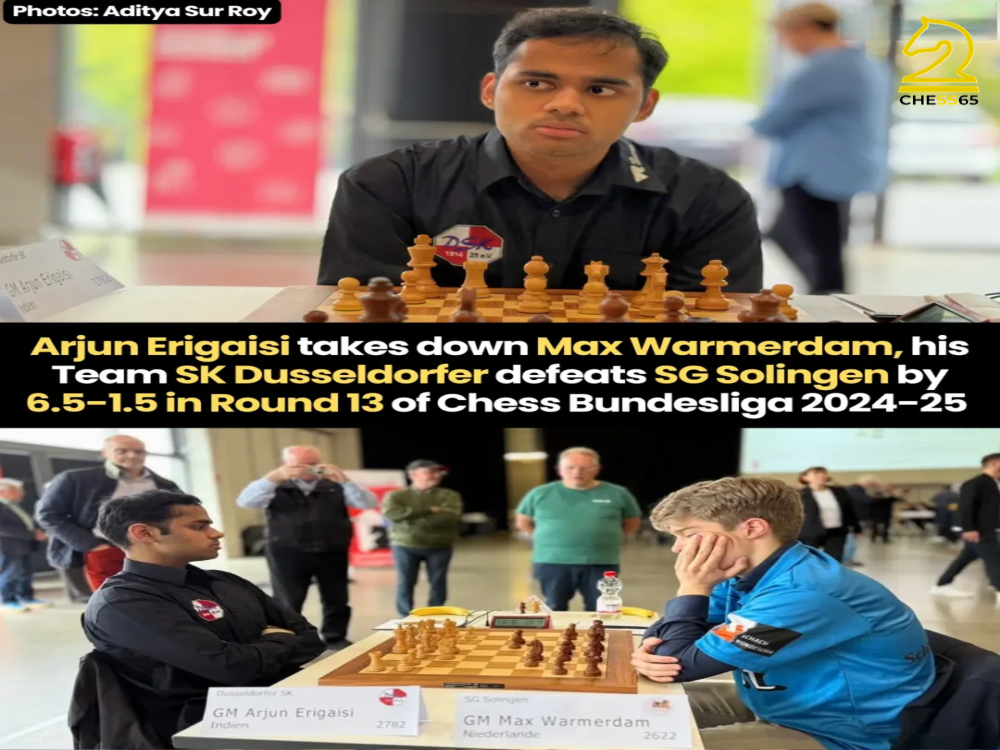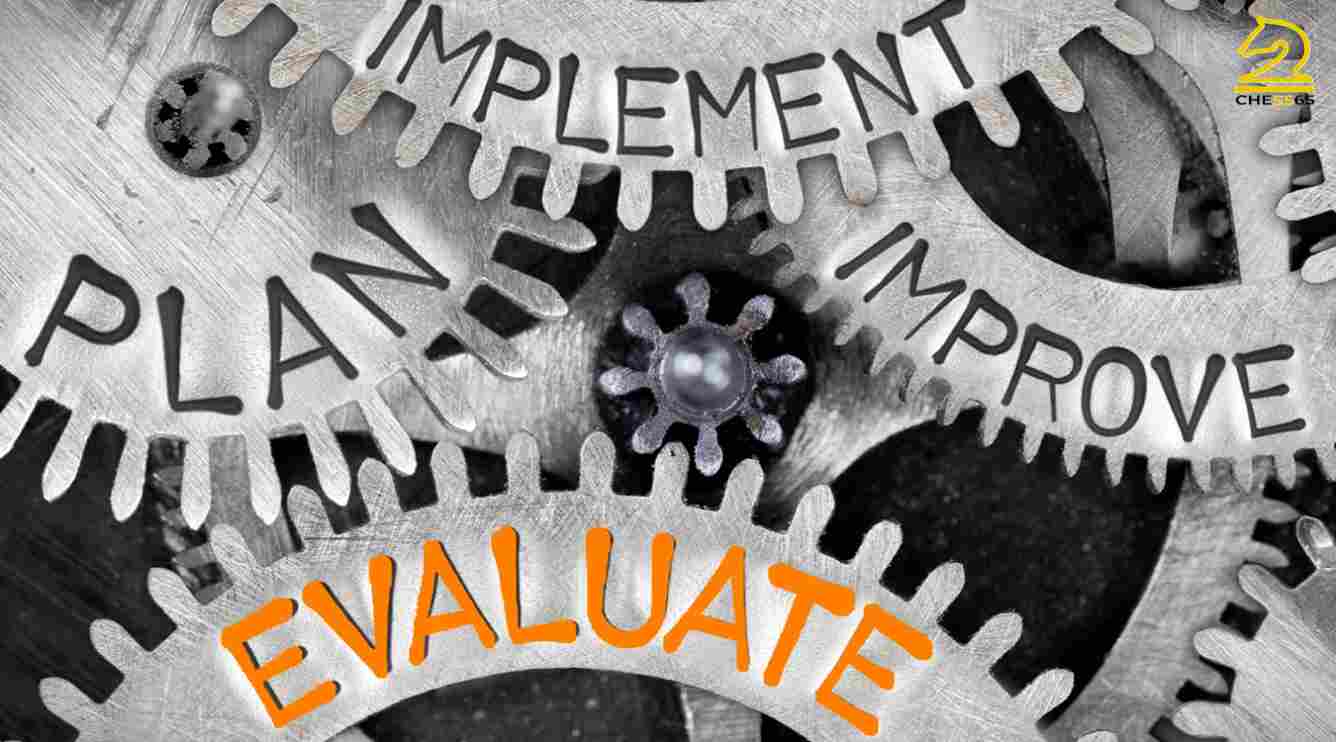What Playing a GM Really Teaches You
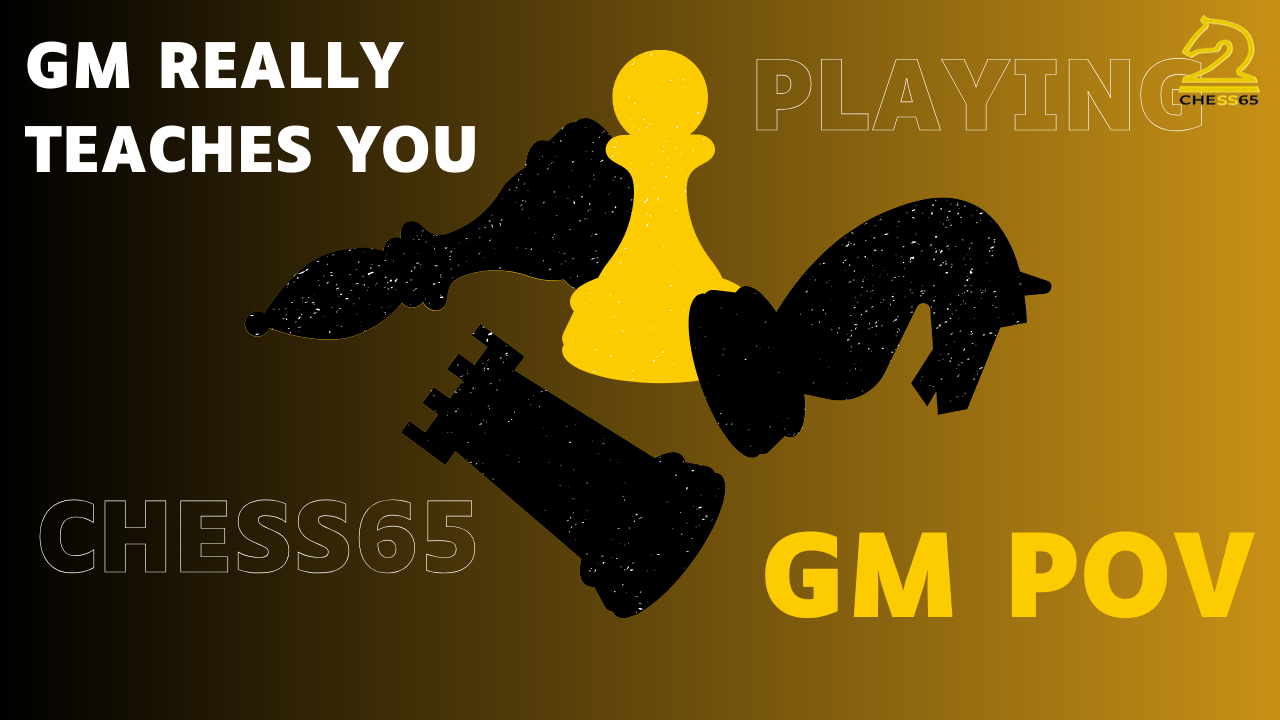
Playing against a Grandmaster (or any titled player) can feel like stepping into a storm. Everything seems normal at first—solid moves, familiar ideas—but very quickly, you realize you're being pulled into deep water. Pressure builds fast. One slow move, and the position begins to slip.
At chess65, we believe these tough games are golden opportunities. Win or lose, you learn more from one GM game than ten wins against peers. Here’s what typically happens across the phases of the game—and how you can grow from it.
Opening: Small Inaccuracies, Big Punishment
Most club players know opening principles—develop pieces, control the center, castle early. But GMs don’t just follow principles; they squeeze every move for efficiency.
In many BoltChess games, we saw how just two slow or awkward moves let GMs take over completely. The position turned passive, sometimes hopeless, before move 15.
What to Learn:
-
Know your main lines. Improvisation doesn’t work at this level.
-
Every developing move should support a plan.
-
Avoid early pawn pushes that create holes or delay development.
Middlegame: The Strategic Squeeze
Reaching a middlegame is only step one. Now the titled player turns up the pressure—gaining space, improving pieces, tightening control.
Amateurs often collapse here—not because of direct attacks, but because they run out of useful moves. GMs wait. They don’t rush. They just keep improving until your position breaks on its own.
What to Learn:
-
Improve your worst piece before looking for tactics.
-
If you’re cramped, don’t open the position.
-
Stay alert to your opponent’s plan—counter it before it blooms.
Middlegame Tactics: Hidden Traps
Titled players often build quiet-looking positions that hide tactical shots. You may feel like you're “holding” the game—then boom, it’s over in one blow.
These traps aren’t random. They’re crafted. One small oversight—an undefended piece, a loose square—and it’s enough.
What to Learn:
-
Always ask: “What changed? What’s hanging?”
-
Don’t assume your opponent missed something—they usually haven’t.
-
Keep your pieces defended and connected.
Time Pressure: Strong Moves, Fast Hands
GMs are quick. Amateurs often fall behind on the clock trying to “calculate everything,” and by the time real complications arise, they’re down to seconds.
Smart time management is a skill, not just speed.
What to Learn:
-
Use time on critical moments, not routine ones.
-
Don’t search for the perfect move—find a good one.
-
Practice fast formats to build intuition.
Endgame: Technique Matters
Even when you reach the endgame, the fight isn’t over. GMs know which endings are drawn, which are winning, and how to convert small edges with ruthless precision.
Being “just one pawn down” doesn’t guarantee survival.
What to Learn:
-
Study key endgames (rook endings, king and pawn basics).
-
Piece activity often outweighs material.
-
Only simplify if the endgame clearly favors you.
Final Thought: The Best Teachers Are Brutal
Facing a GM feels merciless—but that’s exactly why it helps. These games show you where your game breaks down. They reveal the gaps in your opening prep, your strategic understanding, your tactical sharpness, your time handling, and your endgame technique.
At chess65, we encourage players to treat such games not as losses, but as blueprints for growth. Every tough defeat is a masterclass—if you’re ready to learn.

